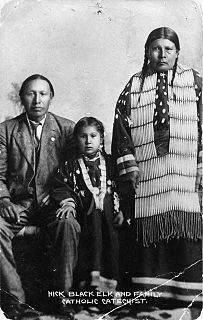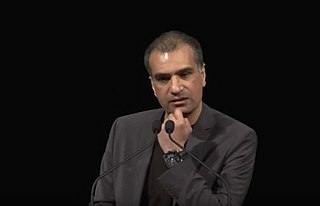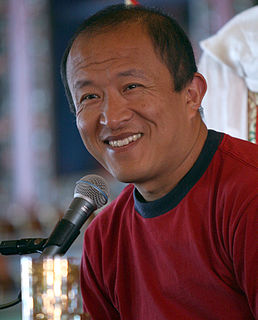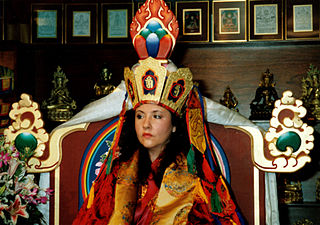A Quote by Sogyal Rinpoche
Ask yourself these two questions: Do I remember at every moment that I am dying, and that everyone and everything else is, and so treat all beings at all times with compassion? Has my understanding of death and impermanence become so keen and so urgent that I am devoting every second to the pursuit of enlightenment? If you can answer "yes" to both of these, then you really understand impermanence.
Related Quotes
It is good to have a reminder of death before us, for it helps us to understand the impermanence of life on this earth, and this understanding may aid us in preparing for our own death. He who is well prepared is he who knows that he is nothing compared with Wakan-Tanka, who is everything; then he knows that world which is real.
If we are not empty, we become a block of matter. We cannot breathe, we cannot think. To be empty means to be alive, to breathe in and to breathe out. We cannot be alive if we are not empty. Emptiness is impermanence, it is change. We should not complain about impermanence, because without impermanence, nothing is possible.
Every once in awhile, find a spot of shade, sit down on the grass or dirt, and ask yourself this question: “Do I respect myself?” A corollary to this question: “Do I respect the work I’m doing?” If the answer to the latter question is NO, then the answer to the former question will probably be NO too. If this is the case, wait a few weeks, then ask yourself the same two questions. If the answers are still NO, quit.
What we put into every moment is all we have. You can drug yourself to death or you can smoke yourself to death or eat yourself to death, or you can do everything right and be healthy and then get hit by a car. Life is so great, such a neat thing, and yet all during it we have to face death, which can make you nuts and depressed.
Who what am I? My answer: I am the sum total of everything that went before me, of all I have been seen done, of everything done-to-me. I am everyone everything whose being-in-the-world affected was affected by mine. I am anything that happens after I’ve gone which would not have happened if I had not come. Nor am I particularly exceptional in this matter; each "I", every one of the now-six-hundred-million-plus of us, contains a similar multitude. I repeat for the last time: to understand me, you’ll have to swallow the world.
Every man, every woman who has to take up the service of government, must ask themselves two questions: 'Do I love my people in order to serve them better? Am I humble and do I listen to everybody, to diverse opinions in order to choose the best path?' If you don't ask those questions, your governance will not be good.
Every man, every woman who has to take up the service of government, must ask themselves two questions: ‘Do I love my people in order to serve them better? Am I humble and do I listen to everybody, to diverse opinions in order to choose the best path.’ If you don’t ask those questions, your governance will not be good.
Accuracy is paramount in every detail of a work of history. Here's my rule: Ask yourself, 'Did this thing happen?' If the answer is yes, then it's historical. Then ask, 'Did this thing happen precisely this way?' If the answer is yes, then it's history; if the answer is no, not precisely this way, then it's historical drama.
The thing is, people only care about their selfie. I am a fan of artists, and if I have 30 seconds with an artist, I am not going to take a photo just to prove on social media that I was with the artist. I am going to enjoy every single second of those 30 seconds, ask questions, talk, actually make something of the moment, thank them.
At every moment in our lives we need compassion, but what more urgent moment could there be than when we are dying? What more wonderful and consoling gift could you give to dying people than the knowledge that they are being prayed for, and that you are taking on their suffering and purifying their negative karma through your practice for them?















